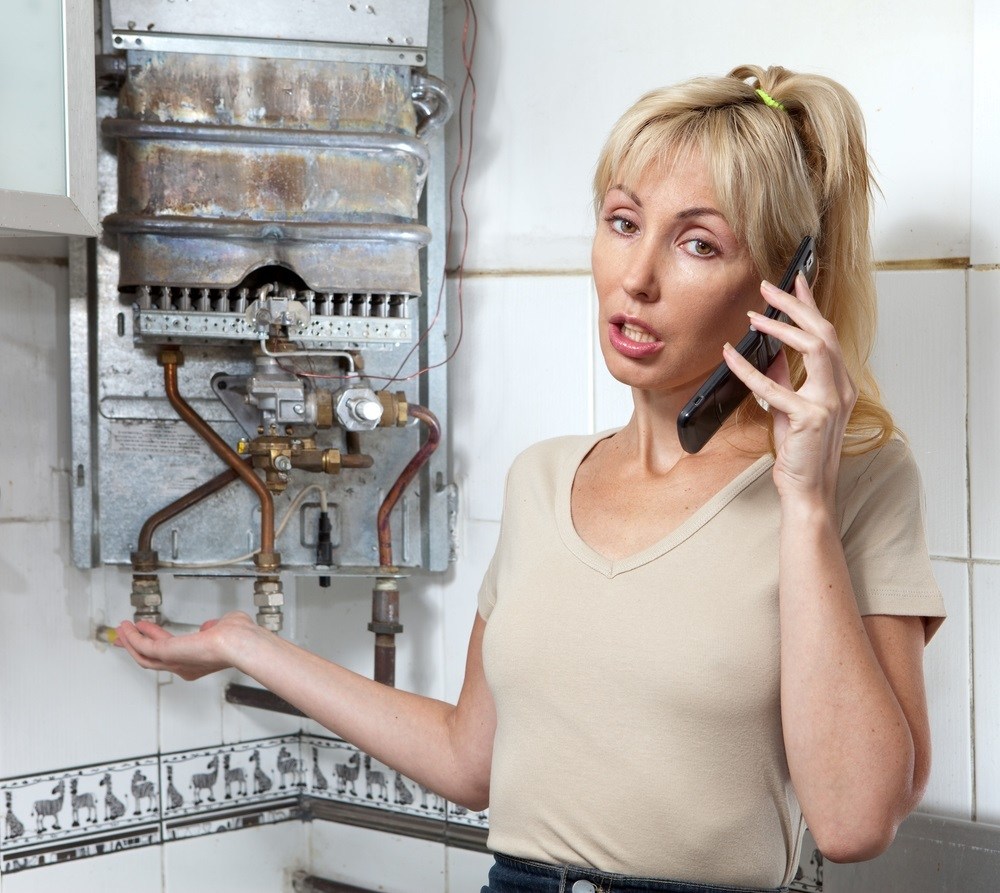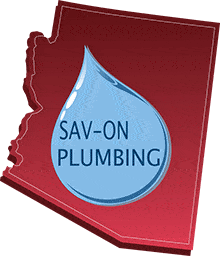
Follow these simple steps if you find water around your water heater to help avoid a bigger mess.
Finding water around your water heater is often the first sign of a bigger problem, and you must take immediate action. While most water heaters last for about 10-15 years, some may wear out sooner. Even if you invested in the best unit on the market, you’d still have to replace it eventually. However, a little bit of water is not always the sign of a leak. Here’s what you should do if you see water pooling around the bottom of your water heater.
Determine the Source of the Water
You see water near the water heater and immediately assume there is a massive leak. This isn’t always true. Water moves very quickly. Depending on the location of your water heater, the water may have traveled from an outside source. Sometimes condensation on the surface of the unit is the culprit.
Before you make any rash decisions, you need to determine where the water came from. To do this, place a few rags or paper towels around the base of the water heater. Leave them in place for a few hours. If the paper is wet when you return, then a leak is most likely to blame. However, if the area remains dry, then the water originally came from somewhere else.
Turn Off the Power and Water
Once you determine the water indeed came from the water heater, you need to turn off the power source. Your heater is either electric or gas powered. If you own an electric model, shut off the associated circuit breaker. Gas models come with a valve to stop the gas supply. Make sure it’s in the “off” position.
You’ll also need to cut the water supply to prevent more leaking. After all, you don’t want your water heater flooding your entire home. Find the cold-water valve and turn it until the valve is fully closed. If the water valve doesn’t budge, you’ll need to turn off the main water line instead.
Search for the Leak
Inspect the entire water heater until you pinpoint the leak. The location of the leak will determine if you can repair the water heater or if you should buy a new one. Plumbers commonly find leaks in certain places, including:
- Inlet and outlet water pipes
- Temperature and pressure relief valve
- Drain valve
- Internal tank
Not every leak is a serious problem. Sometimes tightening the bolts around the water pipes or replacing a broken valve will resolve the problem. But if the leak is in the tank itself, a new water heater is in your future.
Call a Professional Plumber
A leaking water heater is a plumbing emergency. If you don’t take action right away, the leak may get worse. It’s best to leave water heater problems to the pros. A plumber will determine if you need a simple repair or a brand-new water heater. Time is of the essence, so you must act quickly to avoid further complications.
When it comes to fixing plumbing problems of all sizes, no one can top Sav-On Plumbing. With over 40 years of experience under our belt, we can handle any situation. Don’t let a leaking water heater spoil your next shower. Schedule service with our experts to determine why there is water around your water heater.
